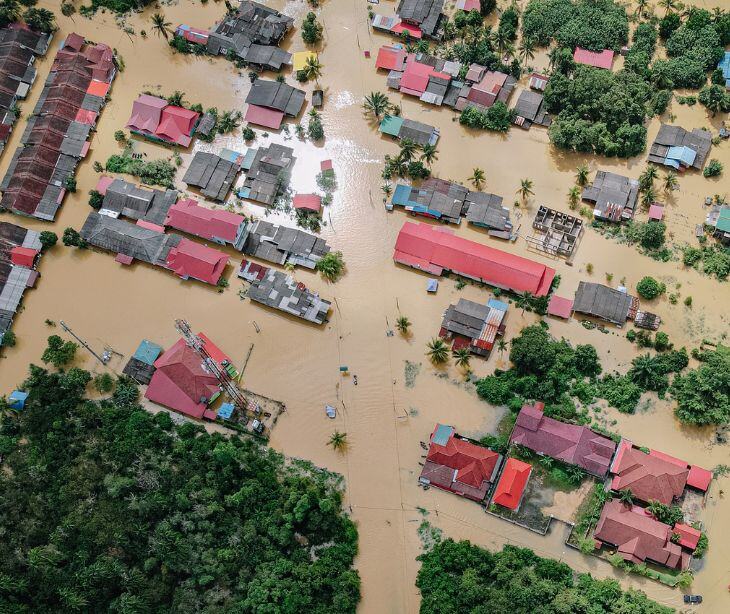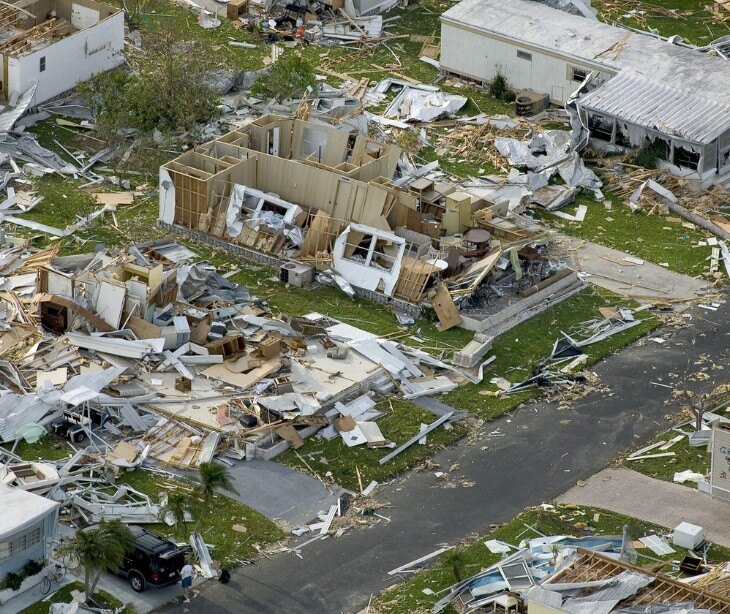2 min read
Supporting teens' mental health after natural disasters with HIPAA compliant email
Kirsten Peremore
October 24, 2024

Natural disasters, like the recent Hurricane Helene and Milton, can have detrimental, life-altering effects on those in its path. These after-effects can often come in the form of physical and financial damage. The emotional impact cannot be ignored, especially as it impacts the most vulnerable demographics like teenagers.
The unseen impact of disasters on teens
Natural disasters disrupt the sense of security, social connection, and normalcy of all those affected no matter the age. It is, however, in teenagers, who face developmental challenges in processing trauma that it can manifest in differently. Research published in the European Journal of Psychotraumatology shows that “...children were reported to have increased respiratory symptoms and anxiety…distress [that] had not fallen by 3 years later.”
While the visible effects, like fear, anxiety, or injury, can be addressed early on; deeper psychological changes can often go unnoticed. These are often caused by the trauma from the natural disaster itself but also by the emotional burden of loss and the effects of social isolation as infrastructure like schools are left not operational.
The value of communication in handling the mental health effects of natural disasters
During a crisis, communication is a necessary part of recovery efforts. In the aftermath, clear communication from healthcare providers can assist in disseminating resources to help care for the mental health of teenagers and other young patients. Reaching out during this time also creates a sense of community between doctors and patients that extends far beyond crises.
Local healthcare organizations can therefore use secure methods like HIPAA compliant email to share information with parents. Mental health practitioners can also provide check-in and material for parents to use to feel supported during this time. Platforms like Paubox offer this security while remaining convenient and easy to use.
Related: Areas of support in mental health crisis management
The coping mechanisms and resources that can be communicated through email
Mental health practitioners can share the following to help the parents of patients assist their teenagers and monitor them for any concerns:
- Good sleep is necessary for sound mental health. Patients can therefore benefit from advice on establishing consistent sleep schedules, creating a bedtime routine, and monitoring sleeping patterns that might be concerning.
- An open dialogue at home is beneficial to early detection of shifts in mental health. Advice on the use of things like active listening can assist in validating the teenager's feelings.
- When teenagers experience loss, no matter the form, healthy grieving processes are necessary. Mental health practitioners can make appointments with parents to discuss providing a space for teenagers to handle grief as well as sharing books about grief and support.
- Information is a key factor in understanding the way grief impacts teenagers specifically. Parents can benefit from articles and brochures detailing the common responses to trauma.
Related: Top 12 HIPAA compliant email services
FAQs
What are the main aspects of crisis management?
- Prevention
- Preparedness
- Response
- Recovery
- mitigation
Why are breaches so common during crises?
The rapid change and resource strain can lead to lapses in security protocols.
What is disaster management?
A system used to handle natural and man-made disasters.
Subscribe to Paubox Weekly
Every Friday we'll bring you the most important news from Paubox. Our aim is to make you smarter, faster.



